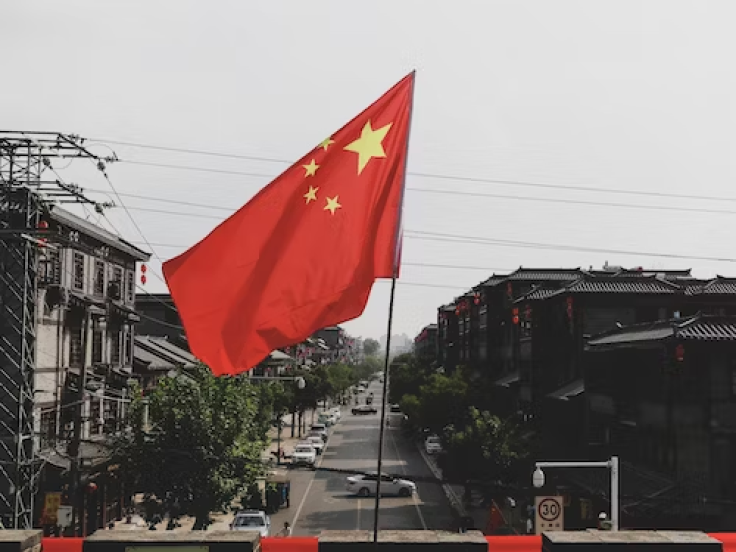The University of Montana (UMT) is under fire from Republican lawmakers in the state for its involvement in a study abroad program in China, raising concerns about ties to the Chinese Communist Party (CCP). The controversial program, known as the "CUSEF cultural exchange," has come under scrutiny for its partnership with groups linked to the CCP, including the China-United States Exchange Foundation (CUSEF) and the Max S. Baucus Institute.

National Security Concerns and Lawmakers' Opposition
Republican lawmakers in Montana are expressing national security concerns over the study abroad program, particularly due to the involvement of groups with alleged ties to the CCP. The China-United States Exchange Foundation (CUSEF), described as a forum advancing CCP objectives, has raised red flags among lawmakers who believe it poses a threat to American institutions.
Partnership with CCP-Tied Groups
The upcoming summer trip organized by UMT's study abroad program has intensified the debate, as the university collaborates with CUSEF and the Max S. Baucus Institute. The Baucus Institute, founded by former Democratic senator and Ambassador to China Max Baucus, receives significant funding from the Wanxiang Group, raising concerns about potential CCP influence.
Lawmakers' Demand for Termination
In early December, Republican Montana Representatives Ryan Zinke and Matt Rosendale, along with the House Select Committee on the CCP, sent a letter to UMT President Seth Bodnar expressing their concerns. The lawmakers urged the university to sever ties with CUSEF, citing the organization's alignment with CCP objectives and potential risks to national security.
Despite mounting pressure from Republican lawmakers, the University of Montana is defending its partnership with the CCP-tied groups. The university argues that the study abroad program complies with state and federal laws and emphasizes the importance of expanding learning experiences for students to compete globally.
Political Responses and Concerns
Montana Governor Greg Gianforte voiced his apprehensions about CCP funding influencing American colleges and universities, emphasizing the need to take the threat seriously. Congressman Ryan Zinke's spokesperson expressed disappointment that the university appears not to be addressing the Chinese threat seriously. Lawmakers believe that programs like the one offered by UMT can serve as vehicles for Chinese communist propaganda, influencing young minds.
The China-United States Exchange Foundation (CUSEF) has drawn attention for its alleged role as a key united front forum advancing CCP objectives. Tung Chee-hwa, the founder and longtime chair of CUSEF, is highlighted for his close ties to the CCP and his role as a proxy for the party in Hong Kong. Lawmakers argue that CUSEF's influence operations extend beyond China's borders, raising concerns about the organization's impact on American institutions.
Baucus Institute's Connection to CCP-Linked Funding
The Max S. Baucus Institute, founded by former Ambassador Max Baucus, is under scrutiny due to its funding from the Wanxiang Group. The co-founder of Wanxiang, Lu Guanqiu, received the title of "National Outstanding Communist Party Member." This connection has further fueled concerns about potential CCP influence on academic programs and initiatives.
UMT President Seth Bodnar asserts that the study abroad program complies with both state and federal laws. He argues that expanding learning opportunities for students is crucial for America to compete globally. Despite the mounting opposition and calls for termination, the university remains steadfast in its defense of the controversial partnership.
Future Implications for UMT and Academic Institutions
As the debate surrounding UMT's study abroad program continues, the implications for the university and academic institutions engaging with entities tied to the CCP remain uncertain. The clash between national security concerns and the pursuit of global learning experiences underscores the delicate balance institutions must navigate in an increasingly complex geopolitical landscape. The outcome of this controversy may shape future policies and decisions regarding academic collaborations with organizations linked to foreign governments.
RELATED ARTICLE : Top 5 Mistakes International Students Make In The US
© 2025 University Herald, All rights reserved. Do not reproduce without permission.








